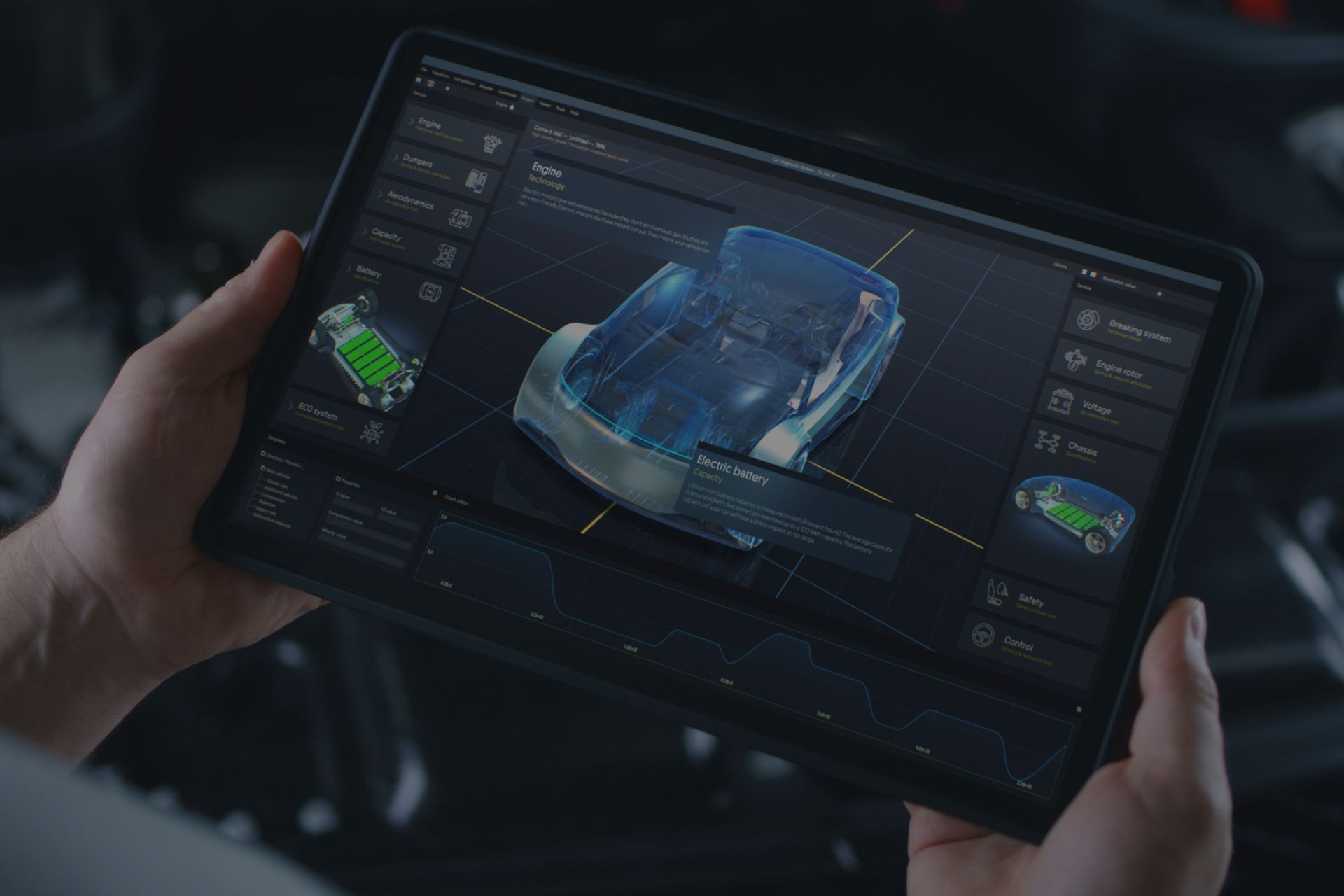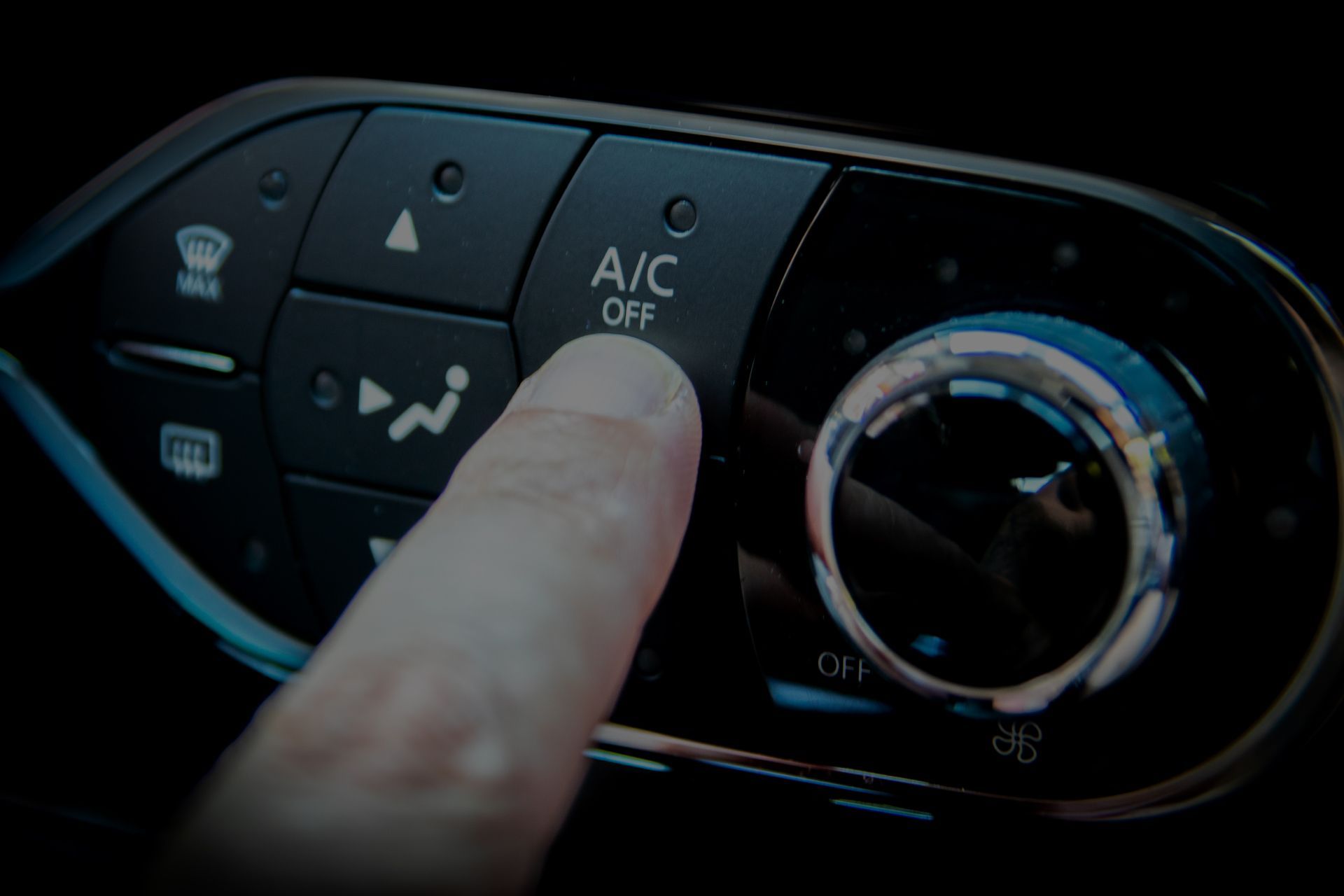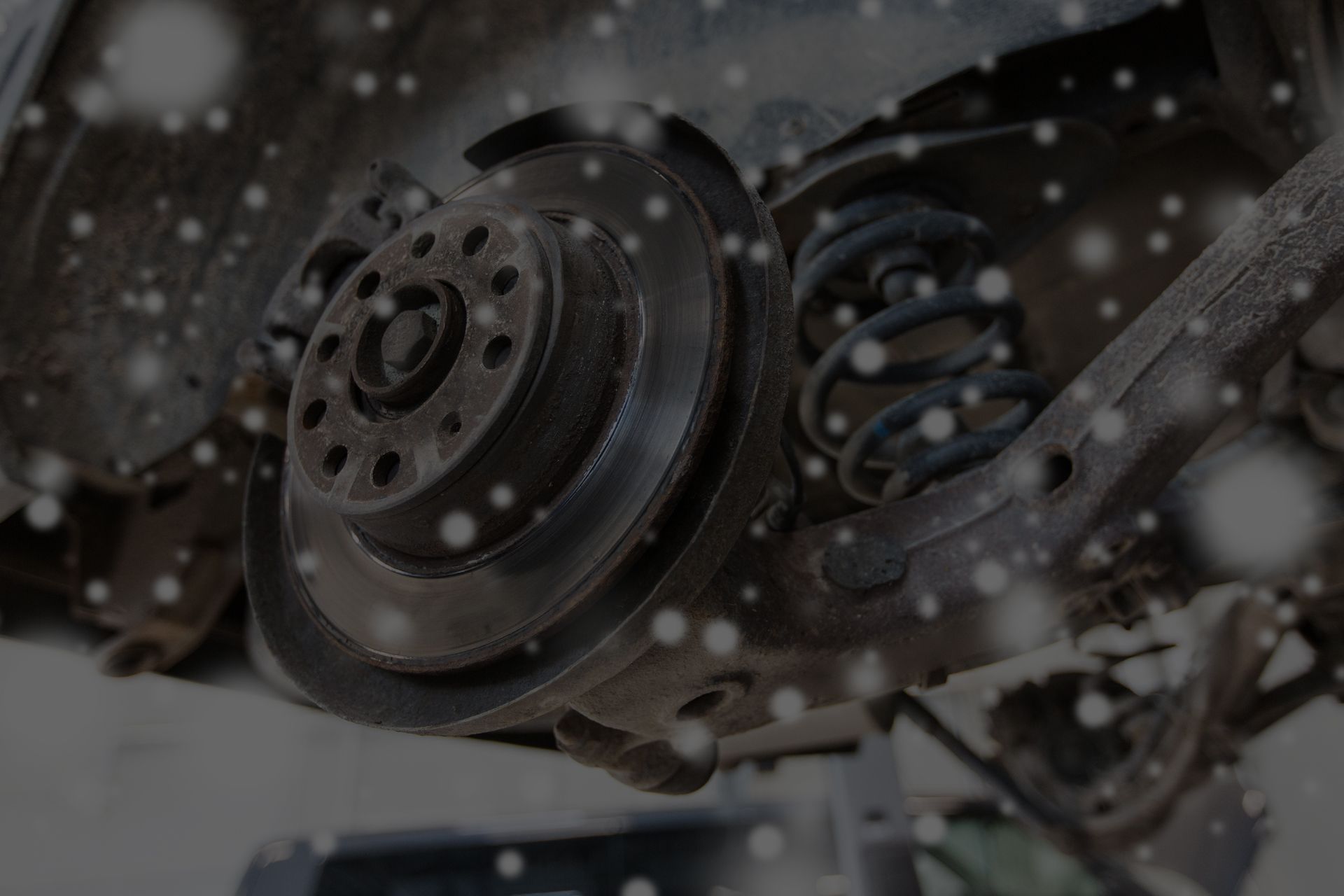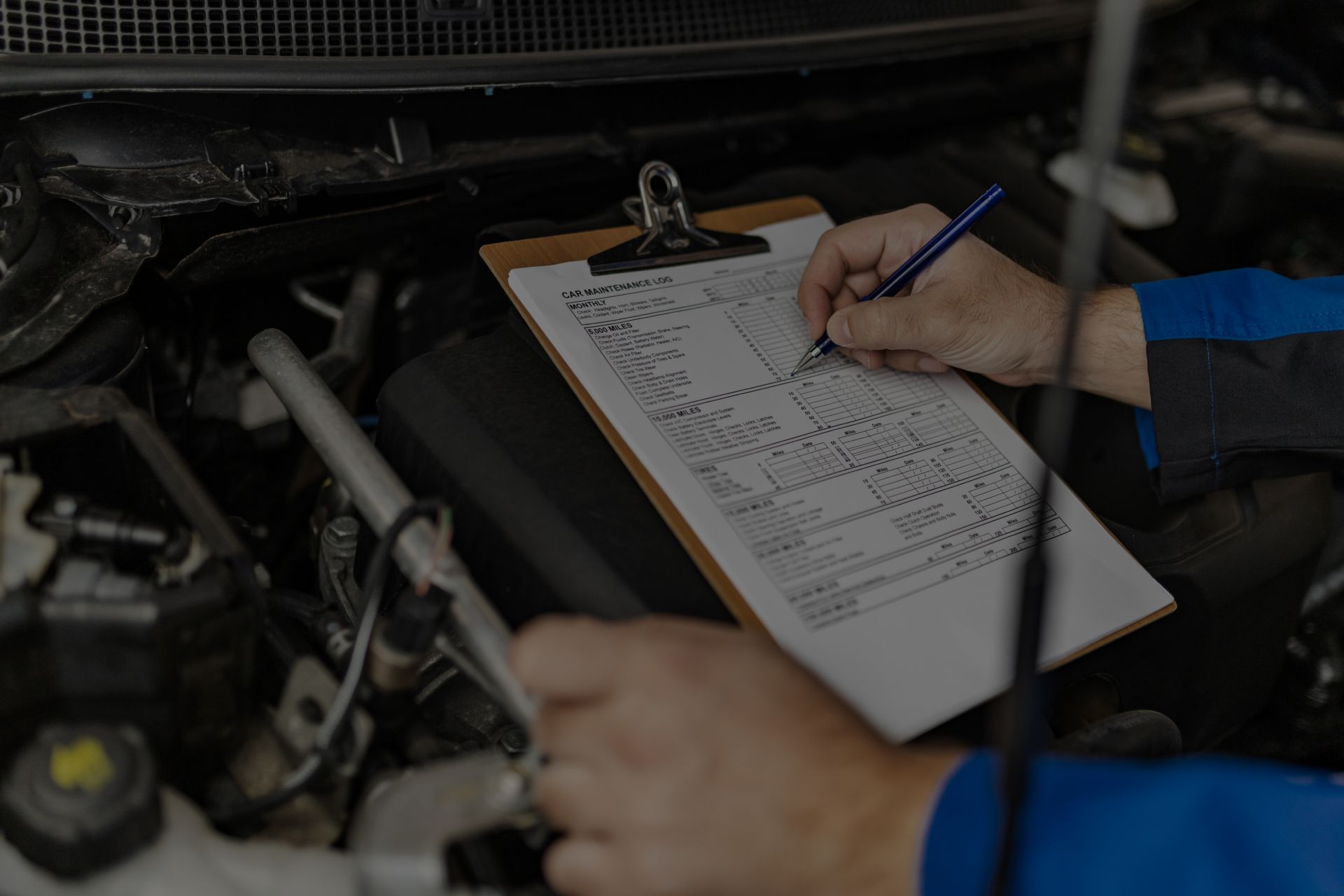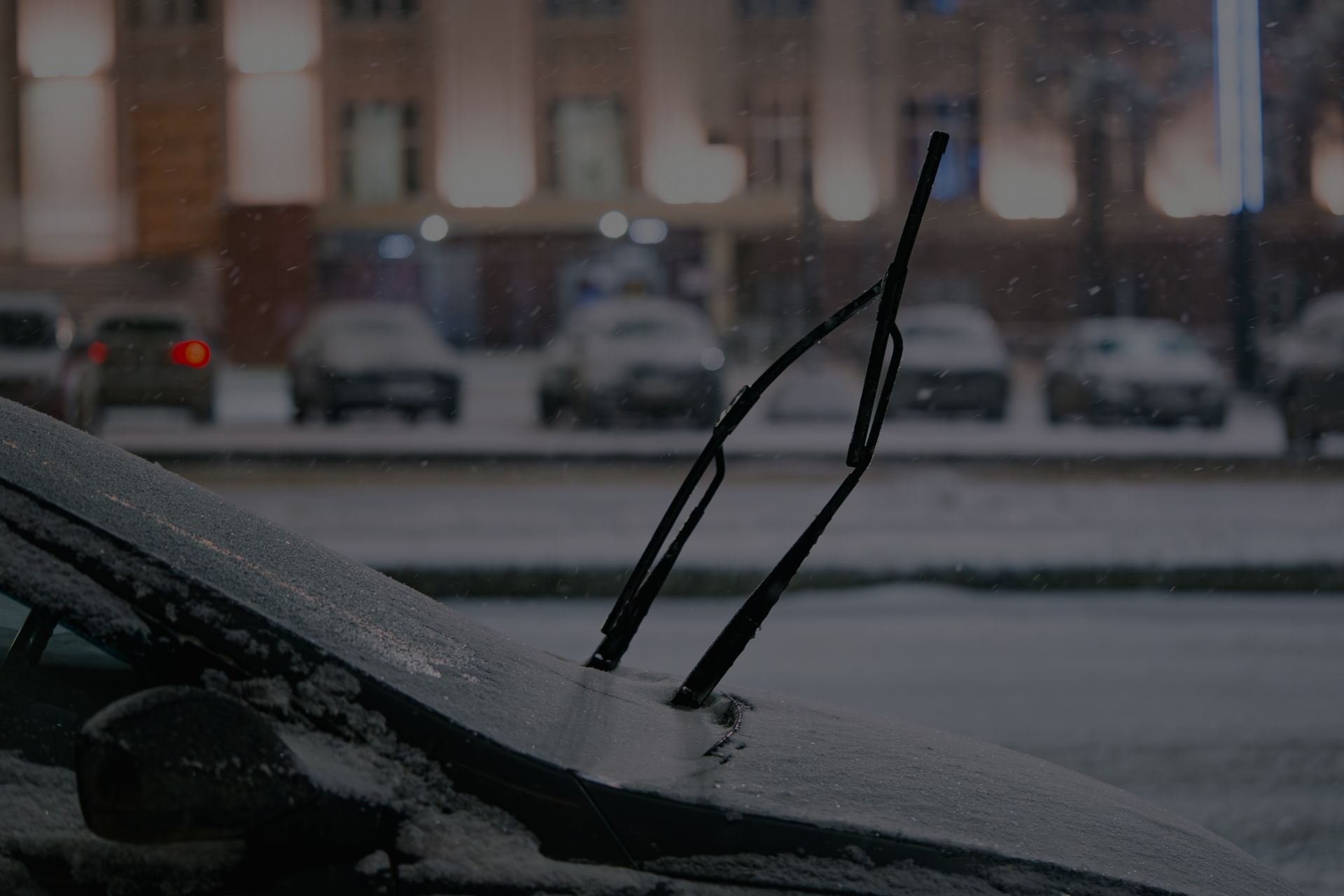Your car represents one of your largest investments, often ranking second only to your home in terms of expense. In Denver's challenging driving environment, where altitude, temperature extremes, and mountain roads test vehicles beyond their design limits, regular maintenance becomes the key to protecting that investment for years to come.
Many Denver drivers are surprised to learn that vehicles properly maintained for Colorado conditions regularly reach 200,000 miles or more. The secret isn't buying an expensive car – it's following a maintenance schedule that addresses the unique demands of driving at 5,280 feet above sea level while dealing with everything from blazing summer heat at Red Rocks to sub-zero winter mornings in Westminster.
Denver's Unique Challenges for Vehicle Longevity
Colorado's environment creates the perfect storm of conditions that can shorten vehicle life if not properly addressed through maintenance. The thin air, intense UV radiation, dramatic temperature swings, and challenging terrain combine to stress every system in your vehicle.
Altitude affects engine performance and longevity. Denver's mile-high elevation means 17% less oxygen than at sea level. Engines designed for sea level operation work harder here, running hotter and less efficiently. This extra stress accelerates wear on internal components and breaks down fluids faster.
Intense UV radiation damages everything. Colorado's high altitude exposes vehicles to intense ultraviolet radiation that deteriorates rubber seals, plastic components, and paint finishes faster than in lower elevations. Dashboard cracking, weatherstrip failure, and paint fading happen more quickly here.
Temperature extremes stress all systems. A single Colorado day can see temperatures swing from 20 degrees at sunrise to 70 degrees by afternoon. These constant expansion and contraction cycles stress seals, gaskets, belts, and hoses throughout your vehicle.
Mountain driving demands more from every component. Weekend trips to Keystone, Breckenridge, or Rocky Mountain National Park put vehicles through conditions they weren't necessarily designed to handle regularly. Steep grades, thin air, and temperature changes at elevation accelerate wear on engines, transmissions, brakes, and cooling systems.
The Foundation: Oil Changes and Engine Care
Your engine is the heart of your vehicle, and proper oil maintenance is crucial for reaching high mileage in Denver's demanding environment.
Change oil more frequently at altitude. While manufacturer recommendations might suggest 7,500-mile intervals, Denver drivers should consider 5,000-mile changes. The combination of altitude stress and temperature extremes breaks down oil faster than normal driving conditions.
Use the right oil for Colorado conditions. Full synthetic oils handle temperature extremes better than conventional oils. They maintain proper viscosity in sub-zero Westminster mornings and don't break down as quickly during hot summer drives to Grand Junction.
Don't skip the oil filter. A quality oil filter removes contaminants that would otherwise circulate through your engine, causing accelerated wear. Denver's dusty conditions make good filtration even more important.
Monitor oil levels between changes. High-altitude driving can cause increased oil consumption in some vehicles. Check your oil monthly to catch potential leaks or consumption issues before they cause expensive engine damage.
Cooling System: Critical for High-Altitude Driving
Denver's altitude and mountain driving put extra demands on cooling systems, making this maintenance area crucial for vehicle longevity.
Flush coolant every 30,000 miles or as recommended. Old coolant loses its ability to prevent corrosion and regulate temperature effectively. In Colorado's temperature extremes, this protection becomes critical for preventing expensive engine damage.
Check coolant levels regularly. The lower air pressure at Denver's altitude can cause coolant to evaporate faster than at sea level. Monthly checks prevent overheating problems that can destroy engines.
Inspect hoses and belts seasonally. Colorado's UV radiation and temperature swings are particularly hard on rubber components. Cracked or swollen hoses can fail suddenly, leading to overheating and major engine damage.
Test the thermostat and water pump. These components work harder in Denver's conditions. A failing thermostat or water pump might work adequately for city driving but fail during mountain climbs to places like Georgetown or Winter Park.
Transmission Care: Essential for Mountain Driving
Colorado's steep terrain puts transmissions through conditions that can dramatically shorten their lifespan without proper maintenance.
Service transmission fluid every 30,000-50,000 miles. Mountain driving and stop-and-go traffic on I-25 generate heat that breaks down transmission fluid faster than highway cruising. Fresh fluid prevents expensive internal damage.
Pay attention to shifting quality. Harsh or delayed shifts often indicate fluid problems or internal wear. Addressing these issues early can prevent complete transmission failure that costs thousands to repair.
Use transmission coolers for mountain driving. If you regularly drive to ski areas or mountain destinations, consider adding a transmission cooler to help manage the extra heat generated by mountain driving.
Don't ignore transmission warning signs. Slipping, unusual noises, or burning smells indicate problems that will only get worse. Early intervention saves money and prevents roadside breakdowns.
Brake System: Safety and Longevity Combined
Colorado's mountain roads are particularly demanding on brake systems, making regular maintenance essential for both safety and component longevity.
Replace brake fluid every two years. Brake fluid absorbs moisture over time, reducing its effectiveness and causing internal corrosion. Colorado's temperature extremes make fresh brake fluid even more critical.
Inspect brake pads regularly. Mountain driving wears brake pads faster than city driving. Replace pads before they damage rotors, which costs significantly more than simple pad replacement.
Check brake rotors for warping. The heat cycles from mountain driving can warp rotors, causing vibration and reduced braking effectiveness. Resurfacing or replacement restores proper braking performance.
Don't overlook brake lines and hoses. Age and UV exposure can cause brake lines to fail. Annual inspection prevents dangerous brake failure and expensive emergency repairs.
Tire Care: The Connection to Colorado Roads
Tires are your vehicle's only contact with Colorado's varied road surfaces, from smooth highways to rough mountain pavement. Proper tire maintenance extends both tire life and vehicle safety.
Rotate tires every 5,000-7,500 miles. Regular rotation ensures even wear patterns, maximizing tire life and maintaining balanced traction on wet or snowy roads.
Maintain proper air pressure. Colorado's temperature swings cause tire pressure to fluctuate dramatically. Weekly pressure checks prevent uneven wear and improve fuel economy.
Replace tires before they become dangerous. Worn tires are particularly dangerous on Colorado's mountain roads. Replace tires when tread depth reaches 4/32" for wet weather safety, even though legal limit is 2/32".
Balance and align annually. Colorado's rough roads and potholes can knock wheels out of alignment, causing uneven tire wear and poor handling. Annual service prevents premature tire replacement.
Air Filter and Cabin Filtration
Colorado's dusty conditions and wildfire seasons put extra demands on filtration systems throughout your vehicle.
Replace engine air filters more frequently. Dusty conditions and high altitude driving can clog air filters faster than normal. A clean filter improves engine performance and longevity.
Don't forget the cabin air filter. This filter protects you from dust, pollen, and wildfire smoke while keeping your HVAC system working efficiently. Replace it annually or more often during heavy wildfire seasons.
Consider upgrading filter quality. Higher-quality filters often last longer and provide better protection in Colorado's challenging environment.
Seasonal Preparation: Year-Round Readiness
Colorado's dramatic seasonal changes require specific maintenance attention to ensure year-round reliability.
Fall preparation prevents winter problems. Check battery condition, heating system operation, and fluid levels before winter arrives. Address problems while weather is still mild and service shops aren't overwhelmed.
Spring cleaning removes winter damage. Road salt and sand can cause corrosion and clog drainage systems. Spring washing and inspection prevents long-term damage from winter driving conditions.
Summer preparation for heat and travel. Inspect cooling systems, air conditioning, and tires before summer mountain travel season. Address issues before you're heading up I-70 with a car full of camping gear.
Winter readiness for safety and reliability. Ensure all systems are working properly before Colorado's harsh winter weather arrives. This includes lights, wipers, heating, and emergency equipment.
The Financial Benefits of Regular Maintenance
Proper maintenance isn't just about reliability – it's about protecting your financial investment in your vehicle.
Prevents expensive major repairs. A $30 oil change prevents $5,000 engine replacement. A $150 coolant flush prevents $3,000 head gasket repair. Regular maintenance costs are tiny compared to major failure repairs.
Maintains resale value. Documented maintenance records significantly increase resale value. Buyers pay more for vehicles with proven maintenance history, especially in Colorado where driving conditions are demanding.
Improves fuel economy. Well-maintained vehicles run more efficiently, saving money at the gas pump. In Colorado's high-altitude environment, this efficiency becomes even more important.
Reduces emergency repair costs. Planned maintenance costs less than emergency repairs. You can shop for competitive prices and quality service rather than accepting whatever's available during a breakdown.
Building a Maintenance Relationship
Consistent maintenance with a trusted shop builds a relationship that benefits both you and your vehicle's longevity.
Detailed service records help predict problems. Experienced technicians who know your vehicle's history can spot developing problems before they cause failures.
Quality parts and service matter. Using quality parts and experienced technicians might cost slightly more upfront but pays dividends in reliability and longevity.
Regular communication prevents surprises. Good shops communicate about upcoming maintenance needs, helping you budget and plan for vehicle care.
Warranty protection provides peace of mind. Quality shops stand behind their work with comprehensive warranties, protecting your investment in maintenance.
Invest in Your Vehicle's Future Today
Regular maintenance isn't an expense – it's an investment in your vehicle's longevity, reliability, and value. In Denver's challenging driving environment, this investment becomes even more critical for protecting your automotive investment while ensuring safe, reliable transportation.
At ImportSports Performance, we've been helping Denver drivers maximize their vehicle lifespan since 1997. Our ASE Certified technicians create customized maintenance plans that address Colorado's unique driving challenges, from daily city commutes to weekend mountain adventures.
Ready to protect your automotive investment with a comprehensive maintenance plan? Call ImportSports Performance at (303) 752-2422
to discuss your vehicle's specific maintenance needs. Our experienced team will create a maintenance schedule designed for Colorado driving conditions, helping you achieve maximum vehicle lifespan while maintaining safety and reliability. Start protecting your investment today with professional maintenance designed for Denver drivers.
